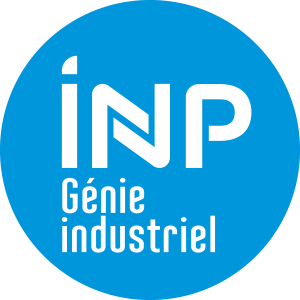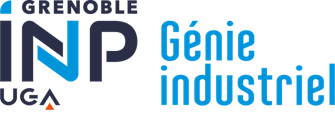Number of hours
- Lectures 12.0
- Projects -
- Tutorials 9.0
- Internship -
- Laboratory works -
- Written tests 2.0
ECTS
ECTS 1.5
Goal(s)
• This course is about managerial action and the design of organisations using knowledge from sociology.
• The aim of this course is for young industrial engineers to carry out a diagnostic of a particular situation, to develop their ability to think, criticise and analyse specific management situations. To understand learning mechanisms and how to contribute to modifying a project.
Content(s)
Subject 1: Deciding
• Exercise on how to be rational in situations of uncertainty
• What is the role of the manager in decision making?
Subject 2: Leadership
• giving responsibilities, delegating, controlling
• motivating, negotiating
Subject 3: Developing transversality
• operational integration, how to objectify interdependencies
• diversity of knowledge and values??, how to improve understanding in a group and how to act collectively
Subject 4: Leading Change
• design a plan for change: avoid falling for gimmicks and fashion trends, take over the project, give a meaning to the project, understand and manage resistance, control learning processes, avoid "knowledge traps"
Tools for organisational diagnosis: process analysis, interdependence analysis, dysfunction analysis, sociograms.
S1: Sociology of Work S2
- Assessment is based on a written exam and on a case study report.
Première session : 25 % cas à rendre, 75 % examen, bonus malus pour la participation aux TD
Seconde session : 100 % examen
Cette pondération est compatible avec une organisation des enseignements et des examens en distanciel
The course exists in the following branches:
- Curriculum - Engineer student Master SCM - Semester 7
- Curriculum - M1 Industrial Engineering - Semester 7
Course ID : 4GML0345
Course language(s): 
You can find this course among all other courses.
Friedberg E., Le Pouvoir et la Règle. Dynamique de l'action organisée, Seuil, Paris, 1993.
Nonaka I , « a dynamique theory of organizational knowledge creation ». Organization Science, 5/1, 1994, pp. 14-37
Moisdon J.C., du mode d'existence des outils de gestion, ouvrage collectif, Seli Arlsan, 1997.
Stewart R. Clegg, Cynthia Hardy, Thomas B. Lawrence and Walter R. Nord (Eds.) (2006) Handbook of organization studies, 2nd Edition. London: Sage.



